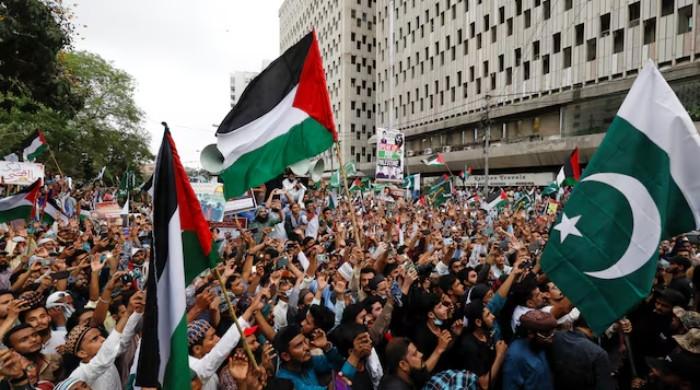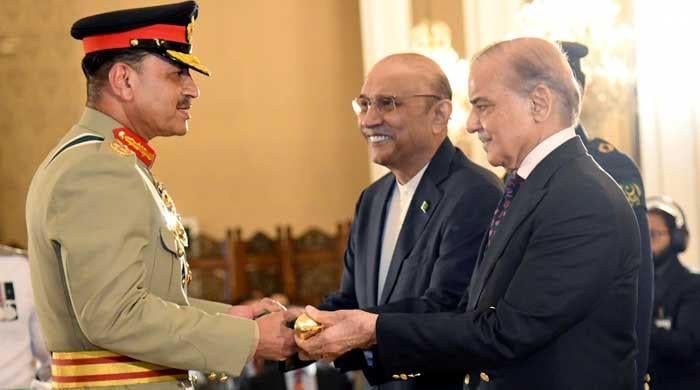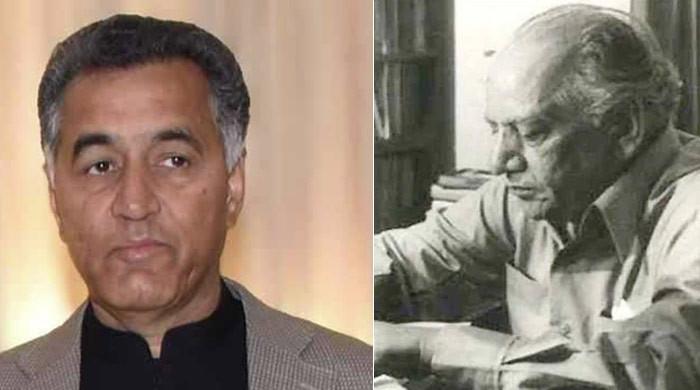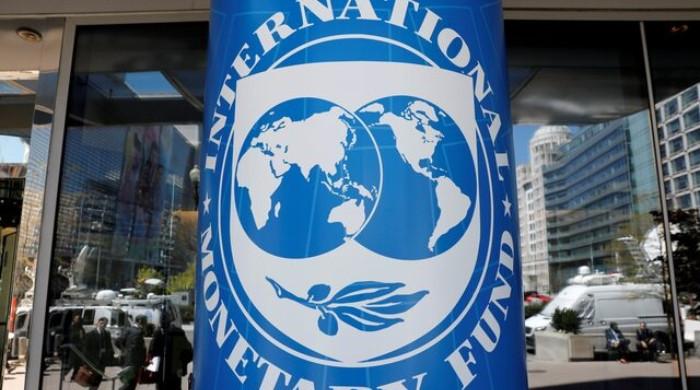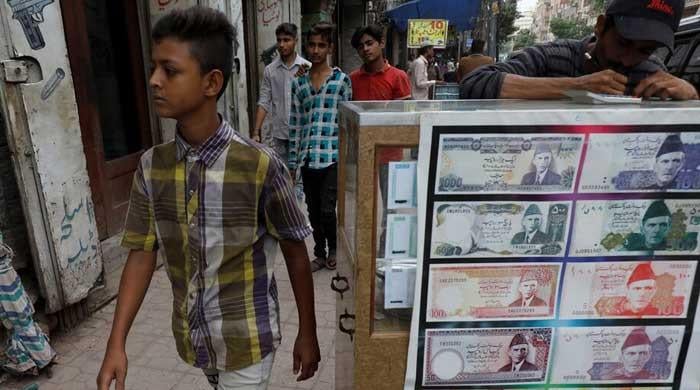CoD and constitutional court
PPP chairman should aim to bring all parties, including PTI, to consensus on CoD and defer issues related to judicial or political activism
October 02, 2024
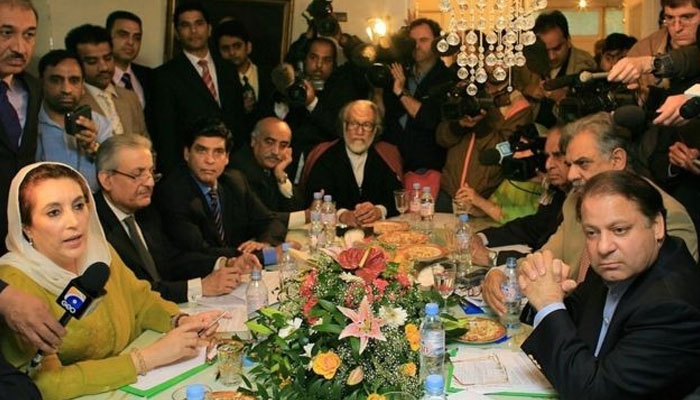
After nearly 20 years of a "tug of war" between political rivals, former prime ministers Benazir Bhutto and Nawaz Sharif (1986 to 2006), they finally reached an agreement on the "Charter of Democracy" (CoD). This came after former military ruler General Pervez Musharraf barred both leaders from contesting the 2002 general elections. Ex-premier Imran Khan, who was then the opposition leader, backed the move and supported Musharraf — a decision he later regretted after the latter sidelined him too.
One of the key clauses of CoD, besides establishing a constitutional court, was linked with the future relationship of the two parties with the establishment. It stated that "no party shall solicit the support of the military to come into power or to dislodge a democratic government." Additionally, they agreed not to join a military regime or any military-sponsored government.
In recent days, Pakistan People’s Party (PPP) Chairman Bilawal Bhutto has been actively addressing Bar Associations and other forums, seeking support for establishing a constitutional court as part of CoD. People need to understand the background of CoD and why it was not enforced earlier, such as in 2008 and 2013 when both PPP and Pakistan Muslim League-Nawaz (PML-N) were in power. Why is the PPP still reluctant to implement Clause 15 of CoD in Sindh, which allows the Chairman of the Public Accounts Committee in the National and Provincial Assemblies to be appointed by the leader of the opposition? The clause was only enforced in the National Assembly. The Truth and Reconciliation Commission, based on the South African model, remains far from a reality in Pakistan, and it is unlikely to ever be enforced.
Regarding the constitutional court, CoD clearly outlines how the court would be formed and who is qualified to become a judge. However, some other basic clauses remain unaddressed.
Clause 4 of the CoD states: "A Federal Constitutional Court will be set up to resolve Constitutional issues, giving equal representation to each of the federating units. Its members may be judges or persons qualified to be judges of the Supreme Court for six years. The Supreme Court and High Courts will hear regular civil and criminal cases. The appointment of judges shall be made in the same manner as for judges of the higher judiciary."
It is true that many clauses of the CoD, particularly regarding the appointment of judges, were addressed when the PPP formed a government in 2008. The 18th Amendment is a classic example. However, it is also a fact that both PPP and PML-N violated the CoD's basic theme regarding the role of the establishment. This was evident in the 2007 NRO (National Reconciliation Order) and in dislodging PTI's government through a vote of no confidence but with the support of General Qamar Javed Bajwa's establishment, which used its influence to gain support from some allies of former prime minister Imran Khan, such as Muttahida Qaumi Movement-Pakistan (MQM-P) and the Balochistan Awami Party (BAP).
Under CoD's 'code of conduct,' the two parties agreed to "abolish the National Security Council and empower the Defence Cabinet Committee, headed by the Prime Minister, which will have a permanent Secretariat." It further stated that "the Prime Minister may appoint a Federal Secretary as an adviser to process intelligence reports for the prime minister."
How CoD was signed
Benazir Bhutto Shaheed was in exile in Dubai when her nomination papers were rejected from Larkana, while Nawaz Sharif was in Saudi Arabia after leaving the country with his family following a 10-year deal with Musharraf in 2000, in the face of life imprisonment and an appeal for increasing his sentence. Musharraf later used the National Accountability Bureau (NAB) to split both the PPP and PML-N, giving rise to factions like PML-Q and PPP (Patriot).
Work on the CoD initially began in 2005, with former Interior Minister and close confidant of Benazir, the late Rehman Malik, playing a leading role. In their first formal interaction, Benazir and Nawaz Sharif agreed that they had been 'used' by the establishment against each other.
After the CoD, General Musharraf approached Benazir through the US for a 'working relationship,' which ultimately led to the NRO. However, when the military ruler asked Benazir not to return to Pakistan before the 2007-08 general elections, she refused to comply and paid the price with her life. She was assassinated on December 27, 2007, in Rawalpindi, after surviving an assassination attempt on October 18 of the same year in Karachi. Sadly, the conspiracy was never uncovered, and Musharraf left the country in 2008 without ever being questioned about the incidents.
The CoD remains a document that provides solutions for all mainstream political parties currently engaged in conflicting issues. However, the way PPP and PML-N are maneuvering for amendments, and Bilawal Bhutto’s push for the constitutional court at all costs, both at the centre and in the province, could lead to further chaos. Instead, the PPP Chairman should aim to bring all parties, including PTI, to a consensus on CoD and defer other issues related to judicial or political activism.
The writer is a columnist and analyst for GEO, Jang, and The News.
X:@MazharAbbasGEO




